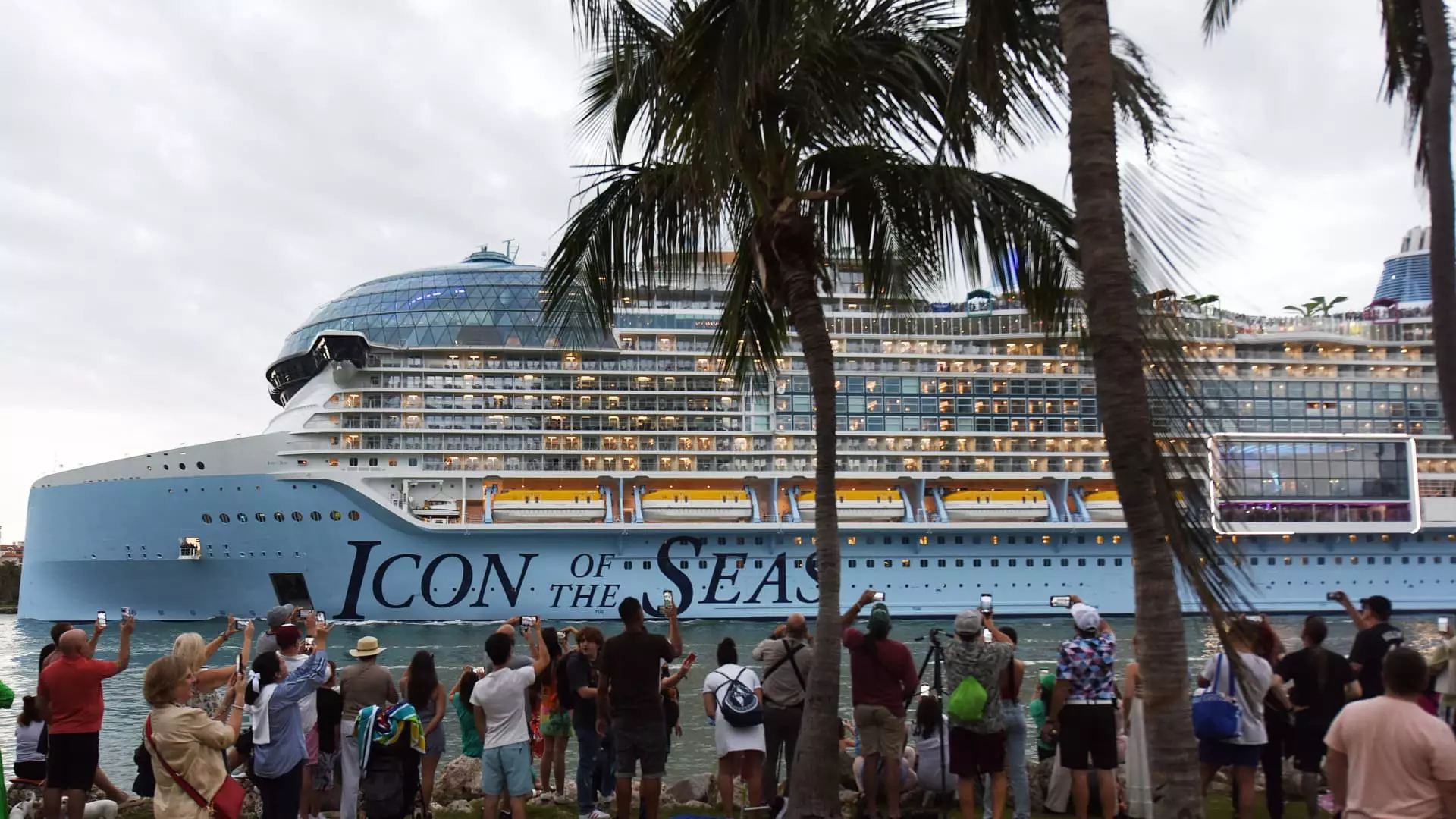The cruise industry has been experiencing a surge in demand post-Covid, with many investors optimistic about its future. One of the key factors contributing to this growth is the gap between cruise prices and land-based hotel prices, which UBS analyst Robin Farley believes is still significantly wide. This pricing gap has historically favored cruise lines due to the absence of business travel in the sector, but there is no fundamental reason why this gap should widen further in the coming years. Additionally, the growth in US hotel rates driven by leisure demand has been a contributing factor to the strength of the cruise industry.
Cruise operators are benefiting from shifting demographics, including retiring baby boomers and millennials who are increasingly inclined towards cruising. The trend of accumulating experiences rather than material possessions has been a driving force behind the growth in cruise demand, as highlighted by Farley. Moreover, the industry is not solely reliant on repeat customers but is also attracting new passengers, as seen in the significant increase in new-to-cruise passengers for Carnival in the first quarter of the year.
Despite concerns about the sustainability of pricing gains, research firms like Melius Research are bullish on the future of the cruise industry. Demand for cruises has been robust, with pricing following suit, leading to continued margin expansion over the next several years. Analysts like Conor Cunningham point out that demand and pricing are accelerating each quarter, with cruise lines closing the gap with land-based vacations. Farley’s top pick is Royal Caribbean, which has shown strong performance in volume and pricing, leading to a positive outlook for the company moving forward.
In terms of investment opportunities, Farley recommends Royal Caribbean and Carnival, with buy ratings on both stocks. Royal Caribbean’s impressive performance during the Wave season and strong demand from higher-income passengers make it an attractive option. Carnival’s upcoming private island project, Celebration Cay, is expected to drive future demand, presenting a growth opportunity for investors. Viking is also highlighted as a potential investment, benefiting from the higher-end consumer segment and an expected increase in travel demand. However, Farley remains neutral on Norwegian due to its balance sheet and execution challenges, despite a positive demand environment.
As the cruise industry continues to rebound from the impact of the Covid-19 pandemic, there are clear signs of growth and opportunity for investors. With demographic trends favoring cruising, shifting consumer preferences towards experiences, and strong demand driving pricing and margin expansion, the outlook for cruise operators looks promising in the years to come. Investors looking for exposure to the travel and leisure sector may find the cruise industry an attractive option for potential growth and returns.

